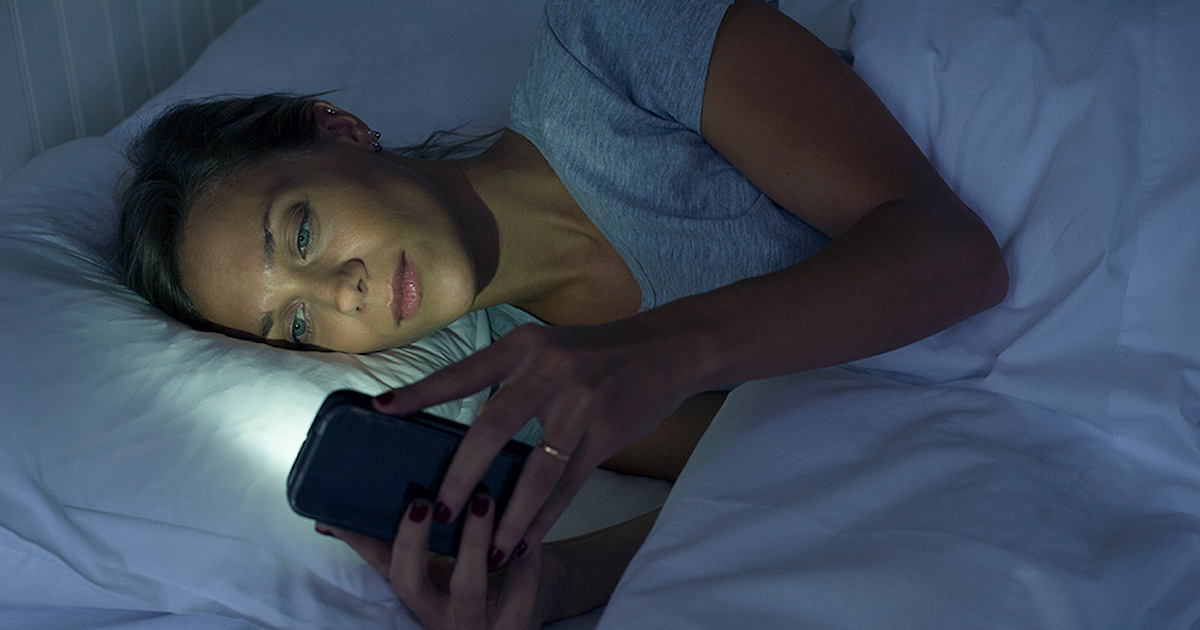Groaning at night is also known as catathrenia. It’s a rare sleep disorder that causes loud groaning while a person is asleep, usually during exhaling. Most sleepers never know they are groaning in their sleep. In most cases, sleep partners are the first to alert them to the problem.
What is Catathrenia?
Often, groaning while asleep is misdiagnosed as sleep apnea because the symptoms are so similar. The moans can last between two seconds to 49 seconds and occur mostly during the deepest level of sleep known as REM sleep.
Catathrenia Symptoms
- Moaning or groaning in sleep
- Snoring
- Dry mouth
- Morning headache or grogginess
- Trouble concentrating
Why Do I Make Groaning Noises in My Sleep?
There is no clear understanding of why some people groan while they are asleep. Some researchers suspect that neurological dysfunction in the part of the brain that controls the respiratory system causes excessive exhaling. Genetics may also be a factor with nearly 15% of people experiencing catathrenia having a family history of the problem. Also, people with the condition tend to have smaller jaws and smaller upper airways, which may be contributing to catathrenia.
How is Catathrenia Different from Snoring?
Groaning during sleep is very different than snoring. Groaning begins in the larynx, or voice box, while snoring begins in the throat. However, both snoring and groaning do have in common their disturbance of bed partners.
How to Stop Catathrenia or Groaning in Sleep
CPAP therapy is one of the most common treatments for both snoring and nighttime groaning. CPAP machines use pressurized air to keep airways open during sleep to prevent respiratory disruptions. A doctor may also prescribe an oral appliance if the problem is related to jaw structure or airway obstruction, or they may require adenoid or tonsil surgery in more serious cases.
Can A Sleep Study Detect Catathrenia?
A physical examination by a doctor is the first step in determining if groaning during sleep is related to clearly visible jaw, tonsil, or airway abnormalities. A sleep study is a good follow-up if no physical basis of the problem can be detected. A sleep study will determine if there are irregularities in nighttime breathing that may be the source of the groaning.
How to Treat Catathrenia?
There are a few options that treat catathrenia to help people who have obstructive sleep apnea. They include:
- Continuous Positive Airway Pressure (CPAP) Therapy: CPAP therapy is the most common form of treatment to combat sleep apnea. This treatment option uses a CPAP machine and CPAP mask to deliver pressurized air into a person’s airway to keep it open at night, reducing the chance of snoring and groaning. CPAP therapy can not only help treat sleep apnea and catathrenia but can also improve alertness, mood, and more.
- Oral Appliances: Oral appliances are another effective treatment option that is used to treat snoring and catathrenia in sleep apnea patients. An oral appliance is worn only at night and fits in your mouth similar to a mouthguard or retainer, helping to keep the upper airway open.
- Tonsillectomy and Adenotonsillectomy: Removing your tonsils, or both your tonsils and adenoids, provides another treatment option for nighttime groaning. These surgeries are especially effective when combined with CPAP therapy or an oral appliance.
Tips for Better Sleep
Create a Bedtime Routine. Having a bedtime routine you follow every night is highly beneficial to help create habits that let your brain and your body know that it is time to wind down and fall asleep. This routine should consist of normal nighttime activities, like brushing your teeth, but also calming activities like reading a book or meditating. Learn more about the best bedtime routine for sleep here.
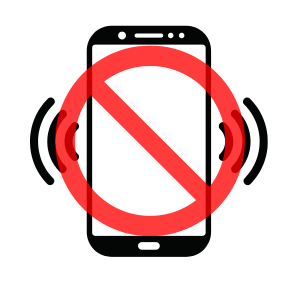
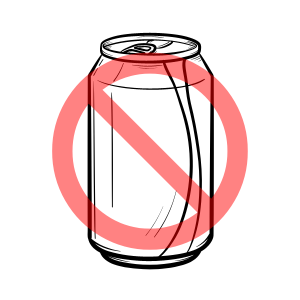
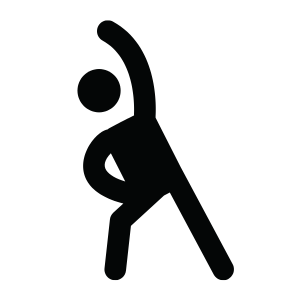
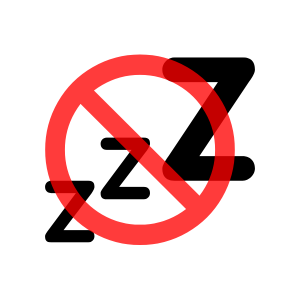
When to Contact Your Doctor
It might be hard to tell if you have sleep apnea and/or catathrenia by yourself. Usually, a family member or bed partner is more disturbed by your symptoms than you are as it wakes them up. If you are making sounds in your sleep, it is beneficial for both you and others if you contact your doctor to address these actions.




